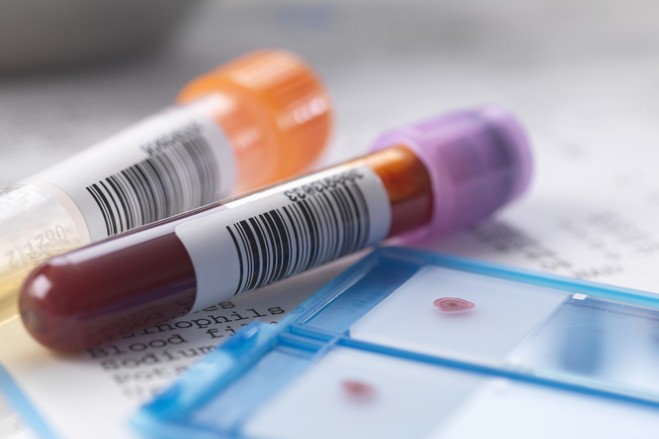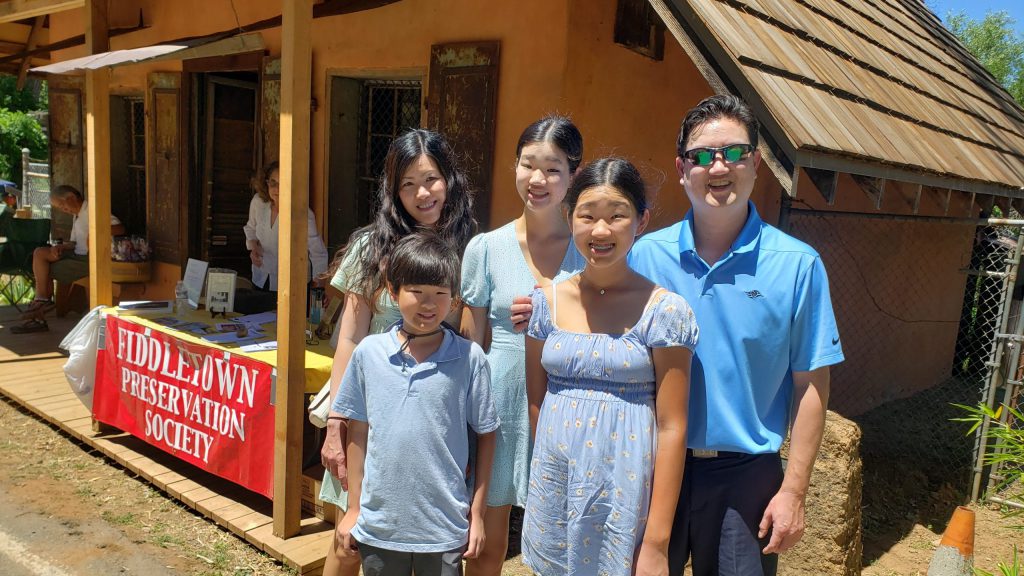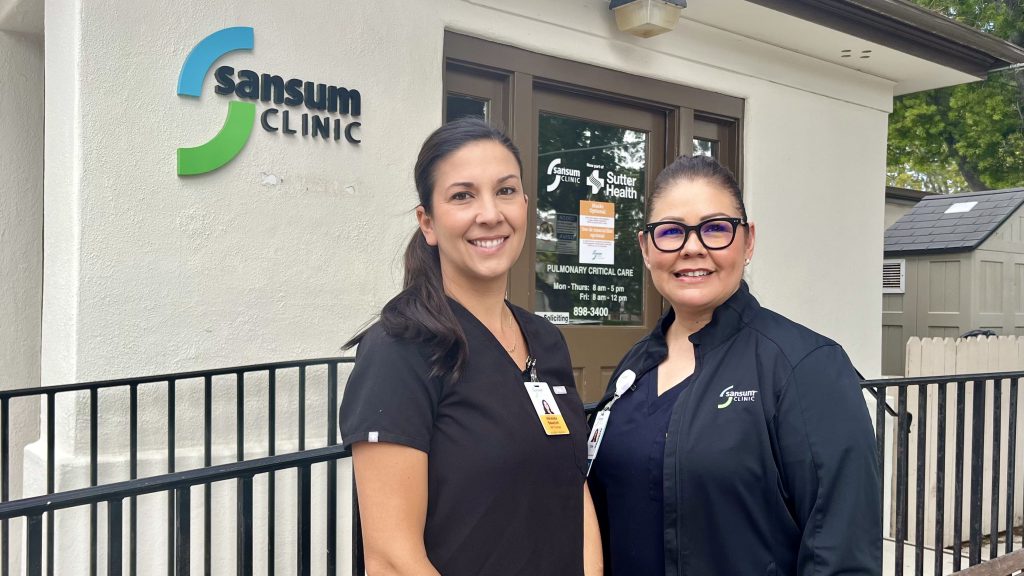SACRAMENTO, Calif. – Cancer researchers worldwide seek new clues to aid early detection and better treatments for cancer. The future is now, however, as research to support the development of a blood test for the detection of multiple types of the disease is underway at Sutter.

Last month, Sutter began inviting eligible patients into the PATHFINDER clinical study. Sponsored by GRAIL Inc., the PATHFINDER study will evaluate the diagnostic capabilities of an investigational, multi-cancer early detection blood test. Sutter also helped support the development of GRAIL’s early cancer detection test by participating in the ongoing STRIVE study, which closed to enrollment at Sutter in 2018.
The goal of the PATHFINDER study is to enroll patients across eight sites at Sutter, currently the only health system in California participating in the multicenter PATHFINDER study. Other sites across the U.S. include Intermountain Healthcare, with additional centers launching this year.
While blood tests to detect or monitor cancer progression are not new, existing cancer tests typically screen for one type of cancer (e.g., breast cancer) and must be used with other screening tools . The PATHFINDER study is assessing whether GRAIL’s blood test will help aid early detection for multiple types of cancer with a single blood draw before symptoms present. The study will evaluate the implementation of the investigational test into clinical practice, and marks the first time results will be returned to health care providers and communicated to study participants to help guide diagnosis.
If the investigational test detects a cancer signal, it is designed to identify where in the body the cancer arises from, to inform the appropriate diagnostic next steps confirming if cancer is present.

“Insights from the PATHFINDER study may improve how we screen for cancers and expand the types of cancer for which we can screen. Sutter’s participation in this study could help pioneer breakthroughs in early detection that may help save lives around the world,” says Charles McDonnell, M.D., FACR, a Sutter radiologist in Sacramento and lead principal investigator for the study at Sutter.
Dr. McDonnell and Andrew Hudnut, M.D., a family medicine doctor in Elk Grove, saw the potential and importance of the STRIVE study. They were instrumental in securing Sutter as a site for PATHFINDER.
“We anticipate this trial may allow us to personalize cancer screening and may eventually enable earlier, safer care for those patients found to have cancer,” says Dr. Hudnut.
During the PATHFINDER study, blood samples will be collected from eligible Sutter patients who consent to participate in the study. Blood samples will be analyzed for small pieces of the tumor’s DNA (i.e., its genetic “code”). If a study participant is diagnosed with cancer, the participant will be counselled on the results of their blood test and followed during workup to diagnose their cancer. There will be 12 months of follow-up for all participants.
PATHFINDER AT-A-GLANCE:
- Study participants who are diagnosed with cancer will have their study test results communicated to them by qualified, Sutter clinical research staff and PATHFINDER study physicians. Participants will also receive e-mails and newsletters with information about follow-up appointments and study milestones.
- The PATHFINDER study is part of Sutter’s coordinated efforts to improve cancer research and treatment outcomes for patients. Sutter also participates in large, phase 1-3 national clinical studies sponsored by the National Cancer Institute (NCI) and collaborates with pharmaceutical companies on cancer research.
Early cancer detection may be part of the “holy grail” for cure. Find out how you can help! Learn more about PATHFINDER by contacting the study team at pathfinderstudy@sutterhealth.org or call 916-746-2161.
Find more clinical trials and research at Sutter.





